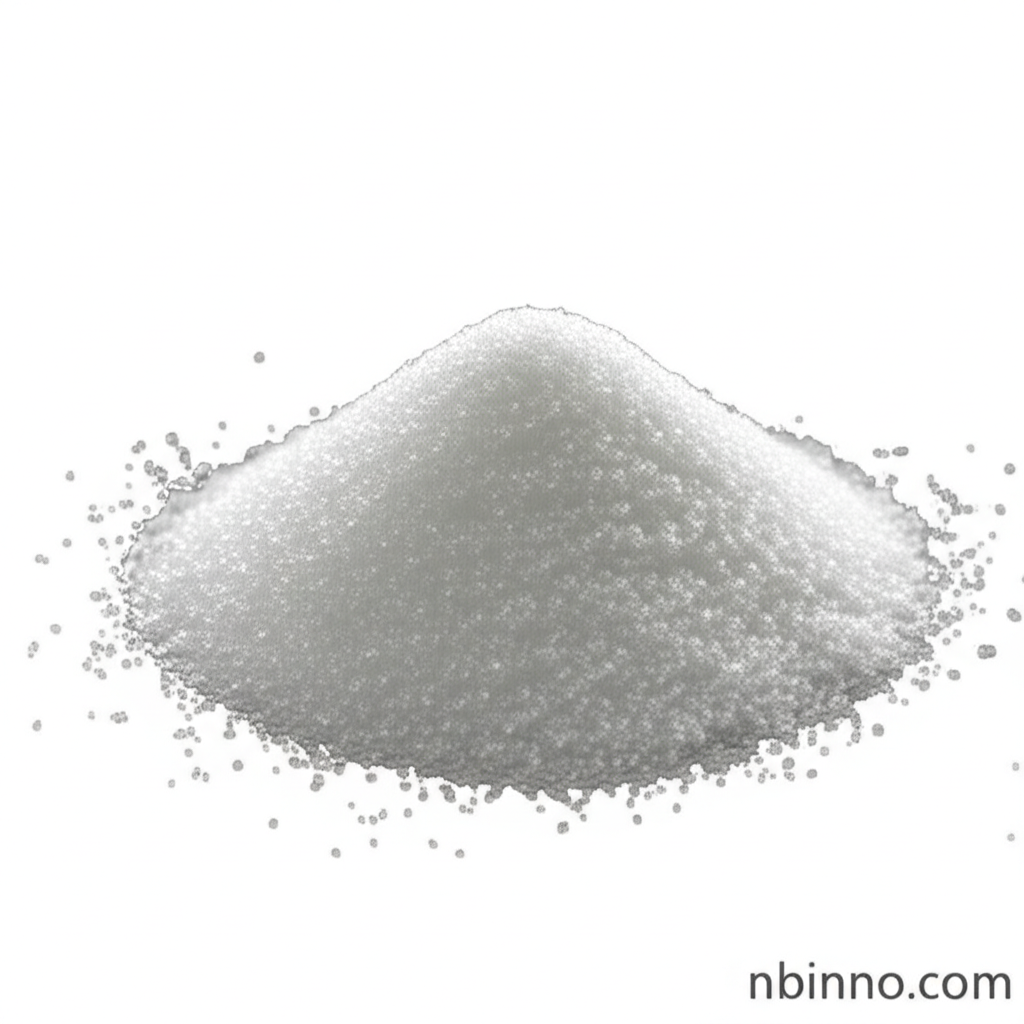Poly(ethylene glycol) Methyl Ether Acrylate (PEGMEA): Advanced Material Solutions
Discover the versatile applications of PEGMEA in hydrogel formation, surface modification, and high-performance polymer synthesis.
Get a Quote & SampleProduct Core Value

Poly(ethylene glycol) Methyl Ether Acrylate
PEGMEA is a crucial chemical substance with a broad spectrum of applications owing to its unique chemical properties. It serves as a building block for advanced materials, offering enhanced performance characteristics tailored for specific industrial needs.
- Explore the benefits of PEGMEA polymer synthesis for creating novel materials with precise control over physical and chemical properties.
- Understand the critical role of PEGMEA in hydrogel formation, enabling the development of biocompatible and functional hydrogel applications.
- Learn about the effective PEGMEA surface modification techniques that improve material biocompatibility and anti-fouling characteristics.
- Discover how this 2-methoxyethyl acrylate manufacturer provides high-quality monomers essential for cutting-edge research and development.
Advantages Offered by PEGMEA
Enhanced Biocompatibility
The polyethylene glycol segment in PEGMEA significantly improves the biocompatibility of resulting polymers, making it ideal for hydrogel applications and biomedical uses, a key aspect when considering hydrogel monomer properties.
Tunable Material Properties
Utilizing PEGMEA in polymer synthesis allows for precise adjustment of mechanical properties, thermal stability, and optical characteristics, supporting advanced polymer synthesis materials development.
Versatile Surface Modification
PEGMEA is instrumental in surface modification, imparting anti-fouling and lubricious properties crucial for medical devices and sensors, aligning with the goals of surface modification agents for medical devices.
Key Applications
Hydrogels
PEGMEA is a cornerstone for creating crosslinked hydrophilic hydrogels with tunable swelling and mechanical properties, vital for various hydrogel applications.
Bioconjugation
It enables PEGylation, reducing protein adhesion and enhancing biocompatibility in polymeric biomaterials, a key feature in biocompatible coating additives.
Surface Coatings
PEGMEA imparts enhanced antifouling and hydration properties to coatings for medical devices and sensors, showcasing its utility in functional polymer building blocks.
Material Science
Used to prepare high-performance polymer materials by copolymerizing with other monomers, contributing to the field of specialty acrylate monomers.
